In the age of information overload, personalized email marketing has emerged as a powerful tool for businesses to cut through the noise and captivate their audience.
However, crafting personalized emails for a vast subscriber base can be a formidable challenge, demanding substantial manual labor and resources, often leading to writer’s block and creative roadblocks.
This is where the power of artificial intelligence (AI) comes into play. By leveraging advanced AI technologies, businesses can streamline the process of creating personalized emails at scale, delivering tailored and relevant content to their subscribers without sacrificing efficiency or scalability.
In this comprehensive guide, we’ll explore how AI can revolutionize your email personalization efforts, introduce you to the top AI tools available, and provide actionable steps to integrate and optimize AI-powered email campaigns.
Personalizing Emails with AI
Before diving into personalization techniques, it’s essential to identify the areas where personalization can have the most impact. Here are some common personalization opportunities:
- User demographics: Personalize based on factors such as age, location, gender, and language preferences.
- Purchase history and browsing behavior: Tailor content based on past purchases, viewed products, or browsing patterns.
- Past email engagement: Personalize based on how subscribers have interacted with your previous emails (opens, clicks, conversions).
- Customer segmentation: Group subscribers based on interests, needs, or stage in the customer journey, and personalize accordingly.
1. Subject Line Optimization
One of the most effective ways to leverage AI for email personalization is through subject line optimization. AI tools can analyze vast amounts of data, including past email performance, subscriber preferences, and contextual factors, to generate subject lines that are tailored and compelling.
For example, an AI tool like Phrasee can generate multiple subject line variations based on your target audience, product offerings, and desired emotions or sentiments. These AI-generated subject lines can then be A/B tested to determine the most effective variations, leading to higher open rates and engagement.
2. Email Content Personalization
Beyond subject lines, AI can also be used to personalize the main content of your email campaigns. This can include:
- Product recommendations: Leverage AI to analyze customer data and suggest relevant products or services based on their preferences and behavior.
- Tailored messaging: Use AI to generate personalized copy, calls-to-action, and messaging that resonates with specific customer segments or individual subscribers.
- Dynamic content blocks: Utilize AI to dynamically insert personalized content blocks within your email templates, such as personalized greetings, product recommendations, or targeted promotions.
When personalizing email content with AI, it’s essential to maintain a consistent brand voice and tone. Provide the AI tool with clear guidelines, examples, and training data to ensure that the generated content aligns with your brand’s messaging and style.
3. Personalized Email Sequences and Automation
AI can also be leveraged to create personalized email sequences and automated drip campaigns. By analyzing customer data and behavior, AI tools can intelligently trigger and deliver tailored email series based on specific actions, events, or patterns.
For example, an AI-powered email automation tool like Motiva AI can:
- Send personalized welcome sequences to new subscribers based on their sign-up source or preferences.
- Deliver targeted nurture campaigns to engage and convert leads based on their stage in the buyer’s journey.
- Trigger personalized re-engagement campaigns for inactive or dormant customers based on their past behavior or purchase history.
By automating these personalized email sequences, businesses can streamline their email marketing efforts while delivering highly relevant and timely content to their subscribers.
AI Tools for Email Personalization
Several AI tools have emerged in recent years to help businesses achieve effective email personalization at scale. Here are some of the top options:
1. Phrasee
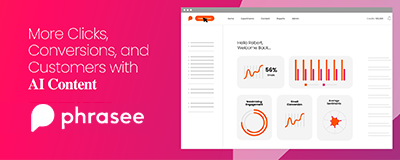
Phrasee delivers AI-generated, on-brand content with enterprise-grade controls and optimization at scale. It ensures consistent experiences across the digital customer journey by protecting and amplifying your brand’s unique tone and voice.
Key Features
- Generates and predicts best-performing content based on data insights.
- Provides automated language insights and performance reporting.
- Enables real-time testing, optimizing, and personalizing of marketing messages.
- Supports various email types like promotional broadcasts, trigger email series, welcome series, and more.
Pricing: Custom pricing based on business needs.
2. GetResponse
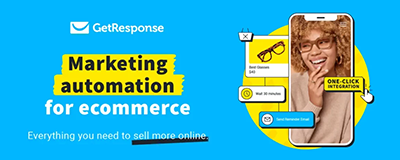
GetResponse offers an OpenAI-powered email generator to create engaging emails efficiently. It optimizes email marketing with industry and goal-optimized subject lines and content, enhancing open and click-through rates through data-backed optimization and A/B testing.
Key Features
- Quickly generates emails based on high-performing industry trends and keywords.
- Provides custom templates with engaging and industry-optimized text and subject lines.
- Supports A/B testing to identify resonating words and phrases.
- Offers an AI email assistant for brainstorming new ideas and creating compelling emails based on industry trends.
Pricing: GetResponse provides tiered pricing plans based on the number of contacts and features, including a free plan with limited access.
3. Moosend
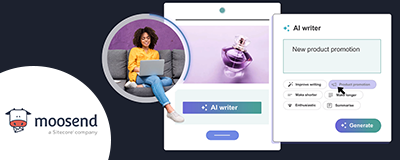
Moosend’s Generative AI tool, powered by Microsoft, tailors content to reach marketing goals and creates unique content from creative ideas. It aims to improve open rates, engagement, and conversion rates through AI-generated subject lines, email body content, landing pages, and subscription forms.
Key Features
- Subject line generation for improved open rates
- Content generation for better engagement and click-through rates
- Landing page content generation for increased lead conversion
- Subscription form optimization with AI recommendations
Pricing: Offers various plans, starting with a free plan and customizable options for businesses.
4. Persado
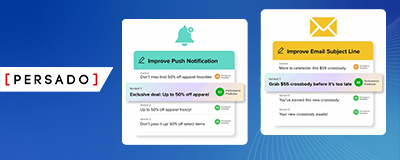
Persado is a Motivation AI Platform that uses Generative AI to create personalized language and messaging across digital channels. It leverages over 1.5 billion customer interactions to deliver motivating and engaging content, driving business results throughout the customer journey.
Key Features
- Generates personalized language and messaging based on customer data
- Provides insights on top-performing words, phrases, and narratives
- Enables collaboration, ideation, and campaign management within the platform
Pricing: Custom pricing is available based on your business needs.
5. Regie.ai
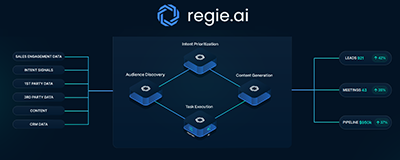
Regie.ai is an AI-powered platform designed for cold email campaigns, breaking the traditional “spam cannon” approach. It offers features like controlled email volume, content customization, audience discovery, and dynamic engagement to ensure relevant and personalized outreach.
Key Features
- Audience discovery identifies target accounts and contacts not in your CRM.
- Relevant content generation ensures all messages align with your brand and context.
- Automated email responses handle email tasks, freeing you to engage with leads.
- Dynamic audience engagement nurtures leads at an appropriate pace.
Pricing: Custom pricing is available based on your business needs.
Testing and Optimizing AI-Powered Email Campaigns
Like any marketing strategy, the success of AI-powered email personalization relies on continuous testing, optimization, and iteration. Here are some best practices to follow:
- A/B testing: Utilize A/B testing to compare the performance of AI-generated personalized emails against control groups or alternative variations. This will help you identify the most effective personalization strategies and refine your approach.
- Monitor key metrics: Track and analyze relevant metrics such as open rates, click-through rates, conversion rates, and revenue generated from personalized email campaigns. These metrics will provide insights into the effectiveness of your personalization efforts and help guide future optimization.
- Iterate and refine: Based on the performance data and insights gathered, continuously refine and optimize your AI models and personalization strategies. Provide feedback and additional training data to improve the accuracy and relevance of the AI-generated content.
- Leverage AI-driven insights: Many AI tools for email personalization offer advanced analytics and reporting capabilities. Utilize these insights to identify patterns, trends, and opportunities for optimization. For example, the AI tool may highlight specific customer segments that respond better to certain types of personalized content or messaging, allowing you to refine your strategies accordingly.
- Collaborate with your team: Involve key stakeholders, such as marketing, sales, and customer service teams, in the testing and optimization process. Their insights and feedback can help improve the relevance and effectiveness of your personalized email campaigns.
- Stay up-to-date with AI advancements: The field of AI is rapidly evolving, with new advancements and capabilities emerging frequently. Stay informed about the latest trends, tools, and best practices in AI-powered email personalization to ensure that your strategies remain cutting-edge and effective.
By continuously testing, analyzing, and optimizing your AI-powered email campaigns, you can refine your personalization strategies, deliver more relevant and engaging content to your subscribers, and ultimately drive better results for your business.
Conclusion
Using AI for email personalization can help businesses save time and resources while delivering personalized emails that resonate with their audience. AI tools can analyze user data, segment audiences, and craft personalized content at scale.
When using AI for email personalization, it’s important to identify personalization opportunities, optimize subject lines, personalize email content, and automate email personalization based on user behavior and preferences. A/B testing and continuous optimization are also crucial for ensuring the success of AI-powered email campaigns.
If you’re not already using AI for your email marketing efforts, now is the time to start. AI tools can help you streamline the process of email personalization and deliver personalized emails that resonate with your audience. Start by researching and choosing an AI tool that meets your needs and budget, and follow the steps outlined in this article to integrate AI with your email marketing platform and start personalizing your emails.
FAQs
Q1. What data is needed for email personalization?
Effective email personalization requires access to various types of customer data, including:
- Demographic information (age, gender, location, language preferences)
- Purchase history and browsing behavior
- Email engagement data (opens, clicks, conversions)
- Interests, preferences, and feedback
- Customer lifecycle stage and historical interactions
The more comprehensive and accurate your customer data is, the better the AI tool can personalize email content and deliver relevant experiences.
Q2. Can AI personalize emails based on real-time customer behavior?
Yes, many AI tools for email personalization can leverage real-time customer behavior and interactions to dynamically personalize email content. For example, if a customer browses or adds a specific product to their cart, the AI tool can automatically trigger a personalized email featuring that product or related recommendations.
This real-time personalization capability allows businesses to deliver highly relevant and timely email content based on the customer’s most recent actions and interests.
Q3. How do I test and optimize personalized emails?
A/B testing is essential. Create different versions of your emails with variations in personalization elements like subject lines or content. Send test emails to a small segment of your audience and track metrics to see which version performs best. Use this data to refine your AI models and continuously improve your email campaigns.
Q4. Can I integrate AI tools for email personalization with my existing email marketing platform?
Yes, most AI tools for email personalization offer integrations or APIs that allow seamless integration with popular email marketing platforms such as Mailchimp, Constant Contact, HubSpot, and others. During the integration process, you’ll need to connect the AI tool with your email marketing platform, import and prepare your customer data, and configure personalization settings based on your desired criteria.
It’s essential to carefully follow the documentation and guidelines provided by the AI tool vendor to ensure a smooth integration process. Additionally, many vendors offer dedicated support and resources to assist with the integration and troubleshooting any issues that may arise.
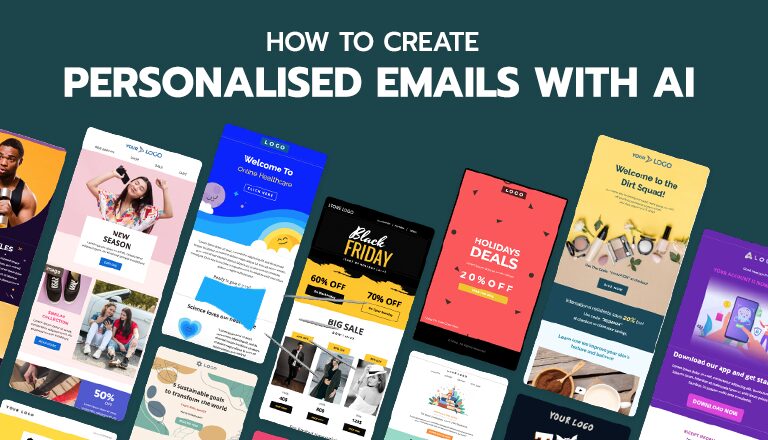
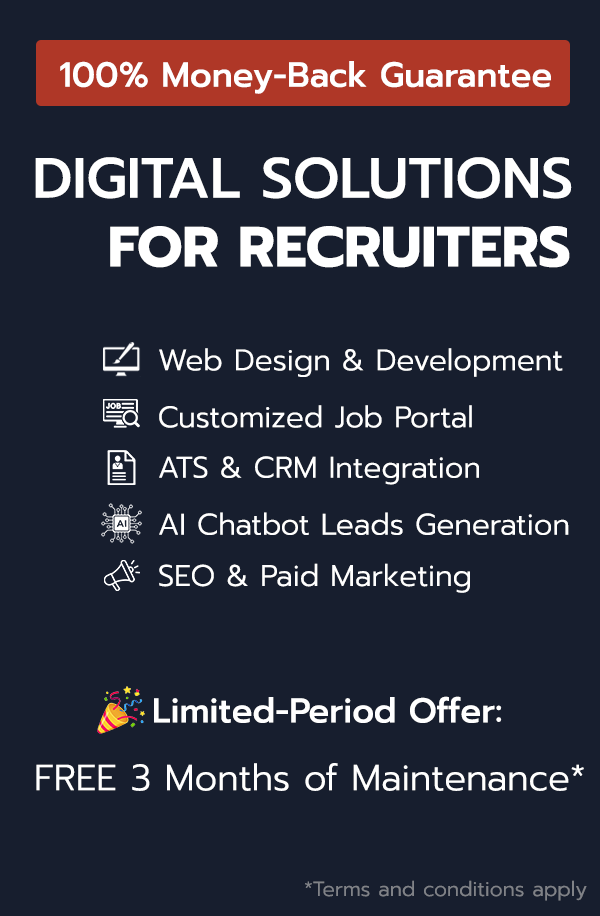
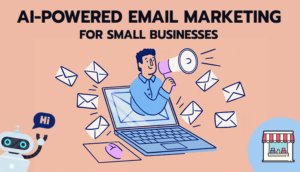
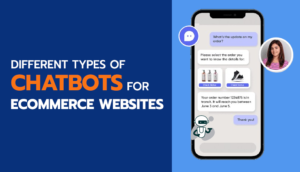
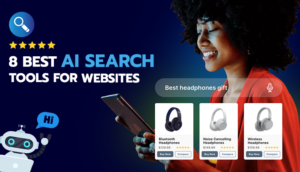

Share Your Thoughts: